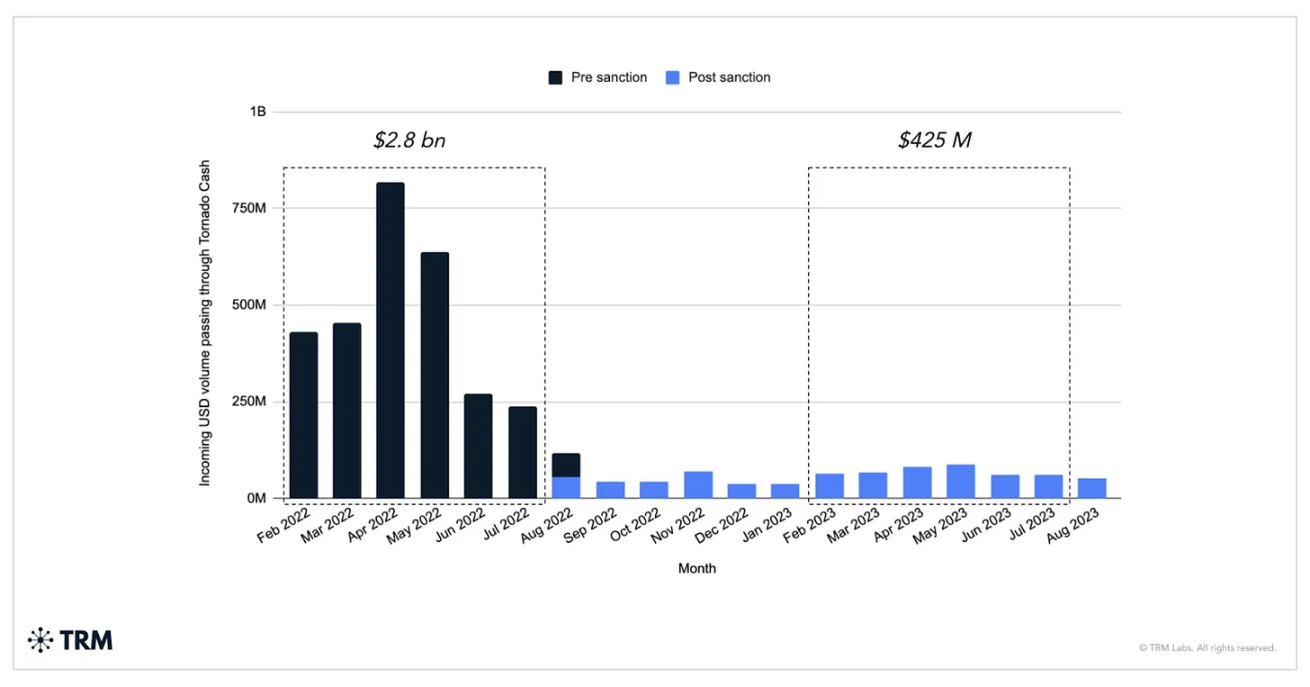Japan's Financial Giants Race to Redefine the Future of Yen with Stablecoin Ambitions
- Monex Group plans to launch a yen-backed stablecoin, leveraging Japan's evolving regulatory framework for digital currencies. - The FSA's 2025 policy shift enables yen-pegged stablecoin issuance, following USDC approval and eased foreign coin restrictions. - SMBC and JPYC join the race, with SMBC partnering on a 2026 JPY-pegged coin and JPYC securing 2025 regulatory approval. - Rising global interest rates and Fed policy divergence strengthen the yen, creating strategic timing for Japan's stablecoin expa
Monex Group, a prominent Japanese financial services firm, is exploring the launch of a yen-backed stablecoin, a move that aligns with Japan’s regulatory advancements in the digital currency space. The company’s chairman, Oki Matsumoto, emphasized the importance of adapting to the evolving financial landscape, stating that failure to participate in the stablecoin market risks falling behind in the digital finance race. The proposed stablecoin, which would be redeemable 1:1 with the Japanese yen, is expected to be backed by assets such as Japanese government bonds. If implemented, it would facilitate transactions such as international remittances and corporate settlements. The initiative builds on Monex’s existing digital infrastructure, including its ownership of local crypto exchange Coincheck and its securities brokerage arm , Monex Securities [1].
The FSA’s recent regulatory shift marks a pivotal moment for Japan’s digital currency ecosystem. The agency is preparing to approve the issuance of yen-backed stablecoins for the first time, a development that reflects the growing recognition of stablecoins as a legitimate financial tool. This regulatory progress follows the approval of USD Coin (USDC) in Japan and the gradual easing of restrictions on foreign stablecoins, which began in 2023. In February 2025, the FSA endorsed a working group report recommending policy changes that ease stablecoin regulations, signaling a more open approach to innovation in the sector [1].
Monex is not the only entity showing interest in the yen-backed stablecoin space. Japan’s second-largest bank, SMBC, has partnered with Avalanche developer Ava Labs and FireBlocks to co-develop a JPY-pegged coin, expected to launch in 2026. Additionally, startup JPYC became the first company to receive regulatory approval earlier in 2025, underscoring the competitive momentum forming within the country’s financial sector. This regulatory environment is creating opportunities for Japanese firms to take a leadership role in the global stablecoin ecosystem [2].
On the monetary policy front, Japan is navigating a delicate balance between managing rising interest rates and maintaining economic stability. Japanese Finance Minister Katsunobu Kato acknowledged the challenges of rising rates and emphasized the need for continued engagement with bond market participants to manage debt policies appropriately. This aligns with broader global trends, as the Bank of Japan has gradually moved away from ultra-loose monetary policies, contributing to a narrowing of interest rate differentials between Japan and other major economies [3].
The Bank of Japan’s policy trajectory is a crucial factor influencing the yen’s performance. The central bank’s shift toward a more neutral stance has given the yen some support against major currencies, as seen in recent months. The global context also plays a role, particularly with the Federal Reserve signaling a potential interest rate cut in September 2025. Unlike past easing cycles, where central bank coordination helped stabilize the dollar, the current scenario suggests that the Fed is acting in isolation, likely to weigh on the US dollar and strengthen the yen. This divergence is expected to persist into 2026, with Japan and other major economies continuing to cautiously raise rates while the Fed eases policy [4].
The convergence of regulatory progress, market demand, and monetary policy changes is creating a favorable environment for yen-backed stablecoins. Monex’s initiative, if approved, could serve as a model for other financial institutions seeking to enter the digital asset space. As the FSA continues to shape the regulatory landscape, Japanese firms are well positioned to leverage their domestic infrastructure and international partnerships to expand their digital offerings. With the yen gaining strength amid shifting global monetary conditions, the timing for such a development appears strategically sound [1].

Disclaimer: The content of this article solely reflects the author's opinion and does not represent the platform in any capacity. This article is not intended to serve as a reference for making investment decisions.
You may also like
Citibank and SWIFT complete pilot program for fiat-to-crypto PvP settlement.
Pantera Partner: In the Era of Privacy Revival, These Technologies Are Changing the Game
A new reality is taking shape: privacy protection is the key to driving blockchain toward mainstream adoption, and the demand for privacy is accelerating at cultural, institutional, and technological levels.

Exclusive Interview with Bitget CMO Ignacio: Good Code Eliminates Friction, Good Branding Eliminates Doubt
A software engineer's brand philosophy.